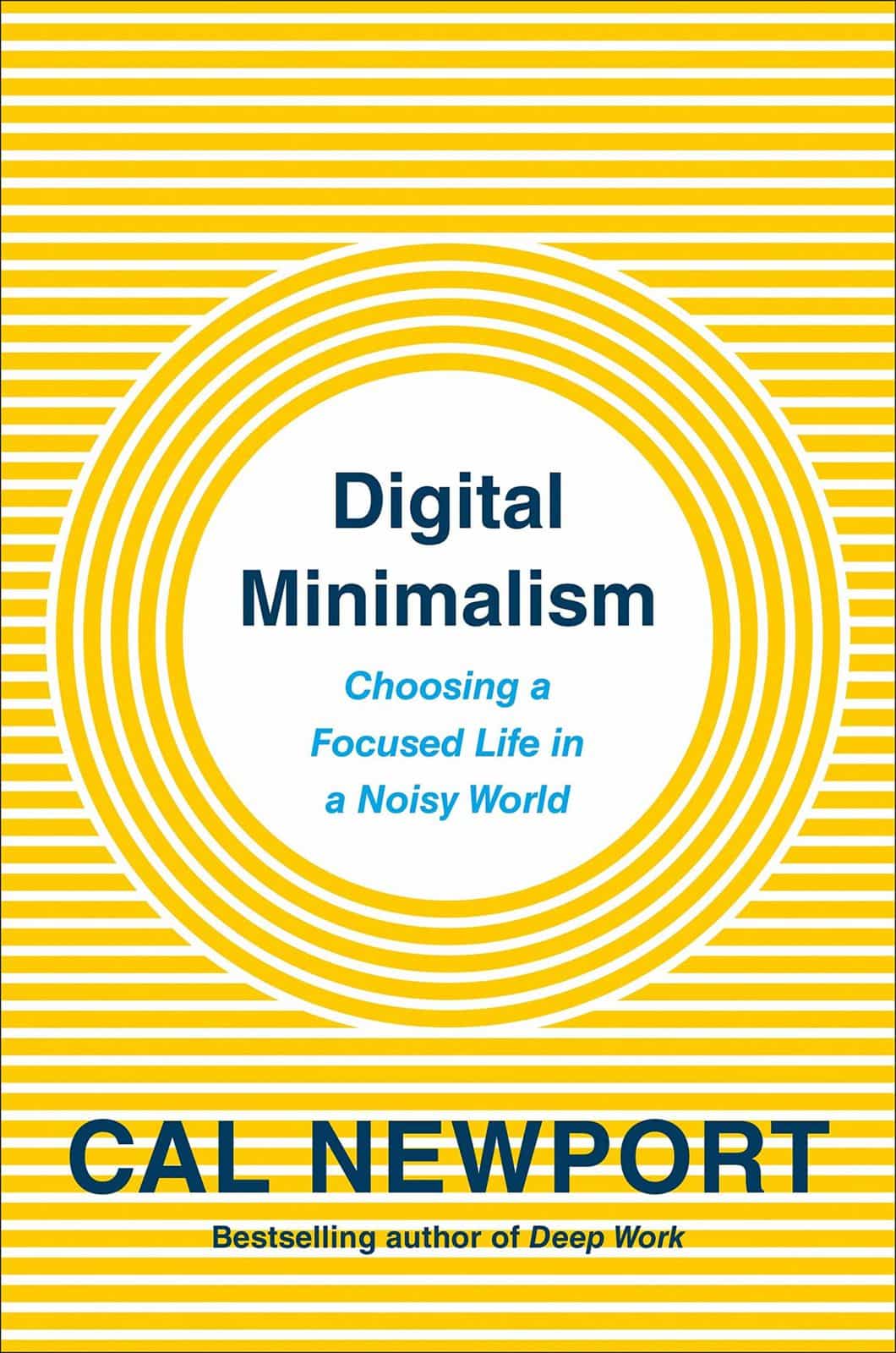ryūshin reviewed Digital Minimalism by Cal Newport
Review of 'Digital Minimalism' on 'Goodreads'
3 stars
Newport's book is well written, with some genuinely interesting passages, but is probably best suited for people who have never questioned their own digital habits and tendencies, which ironically are also the people least likely to pick up this particular book.
The more in-depth parts of the book work very well, such as the chapters on why likes on Facebook and gambling are the same, why the Amish people are hackers in the truest sense and how the New York Sun newspaper already operated in a way reminiscent of today's attention economy, all the way back in 1830. Newport also makes a very strong case as for ~why~ you should review your digital habits.
The weak sides of the book are clearly HOW this should happen. Most of the tips Cal comes up with are along the lines of; turn off notifications and leave your phone at home. Although it …
Newport's book is well written, with some genuinely interesting passages, but is probably best suited for people who have never questioned their own digital habits and tendencies, which ironically are also the people least likely to pick up this particular book.
The more in-depth parts of the book work very well, such as the chapters on why likes on Facebook and gambling are the same, why the Amish people are hackers in the truest sense and how the New York Sun newspaper already operated in a way reminiscent of today's attention economy, all the way back in 1830. Newport also makes a very strong case as for ~why~ you should review your digital habits.
The weak sides of the book are clearly HOW this should happen. Most of the tips Cal comes up with are along the lines of; turn off notifications and leave your phone at home. Although it is a relevant method, a lot of preliminary work is required before someone with a stressful digital life chooses to go that way.
The most relevant questions in this context, when you zoom out, is not limited to either new technology nor social media - but is a question that has eluded us for centuries: how can we see through our own egocentric concepts/constructions and face reality - as it actually is - here and now?




